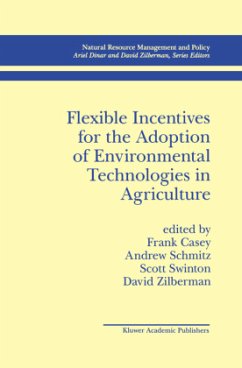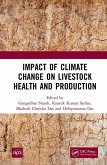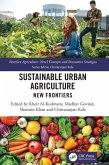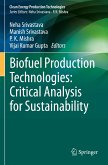Flexible Incentives for the Adoption of Environmental Technologies in Agriculture identifies and structures more flexible economic incentives for the achievement of environmental goals in agriculture. It provides a conceptual framework and presents case studies that analyze how flexible incentives can address environmental problems that are caused by agricultural production. The book brings together economists, agency personnel and political economists for the purpose of exploring how new cutting-edge economic tools could be developed and applied to environmental problems. The goal of the book is to complement and to expand the economic theory of environmental regulation and technology adoption with new research findings.
The key theme of this book is the important role technology takes when addressing environmental problems. New technologies and technical development are broadly defined to include economic instruments, innovative ways to communicate environmental information, new economic institutions, and education. This book is designed for public and private policymakers, government analysts, teachers, researchers and students who specialize in the fields of natural resources, agricultural economics and environmental regulation. It provides a fresh perspective on what types of incentives may be used to lead us to the desired environmental outcomes and offers new ideas about the types of economic instruments that may achieve these outcomes.
The key theme of this book is the important role technology takes when addressing environmental problems. New technologies and technical development are broadly defined to include economic instruments, innovative ways to communicate environmental information, new economic institutions, and education. This book is designed for public and private policymakers, government analysts, teachers, researchers and students who specialize in the fields of natural resources, agricultural economics and environmental regulation. It provides a fresh perspective on what types of incentives may be used to lead us to the desired environmental outcomes and offers new ideas about the types of economic instruments that may achieve these outcomes.








